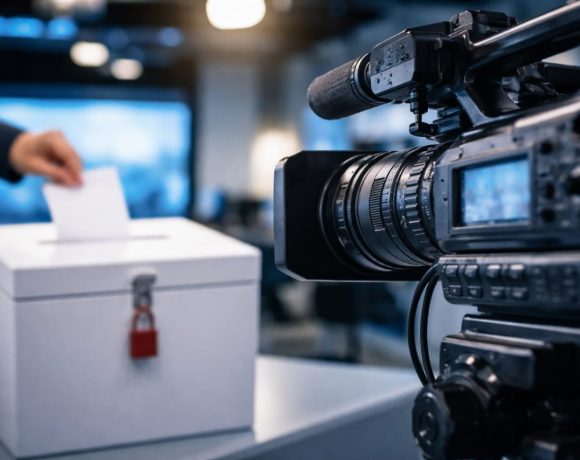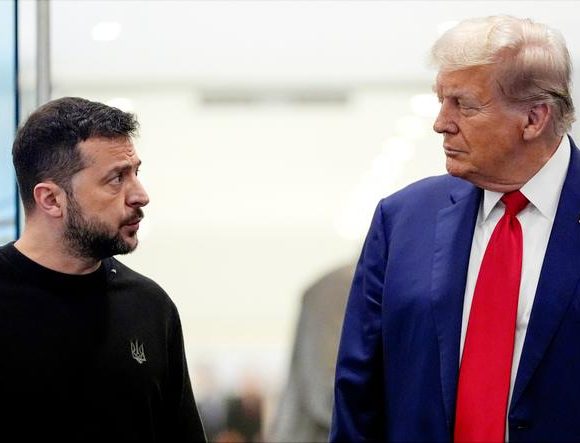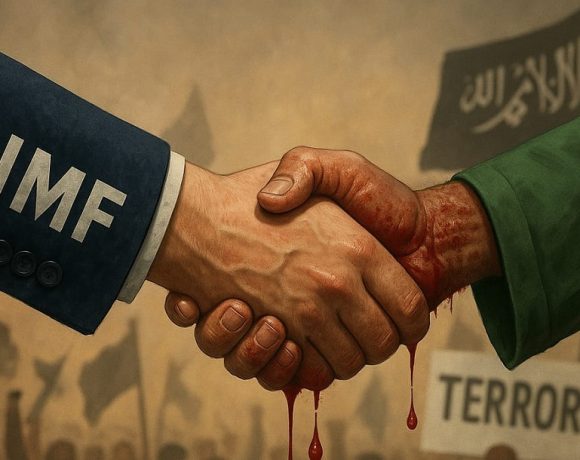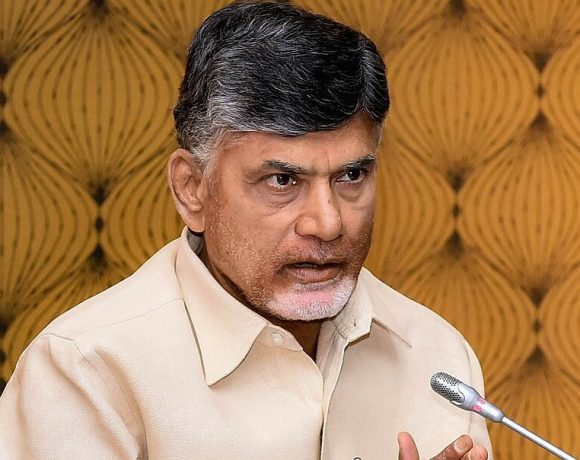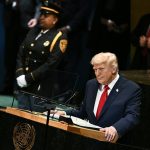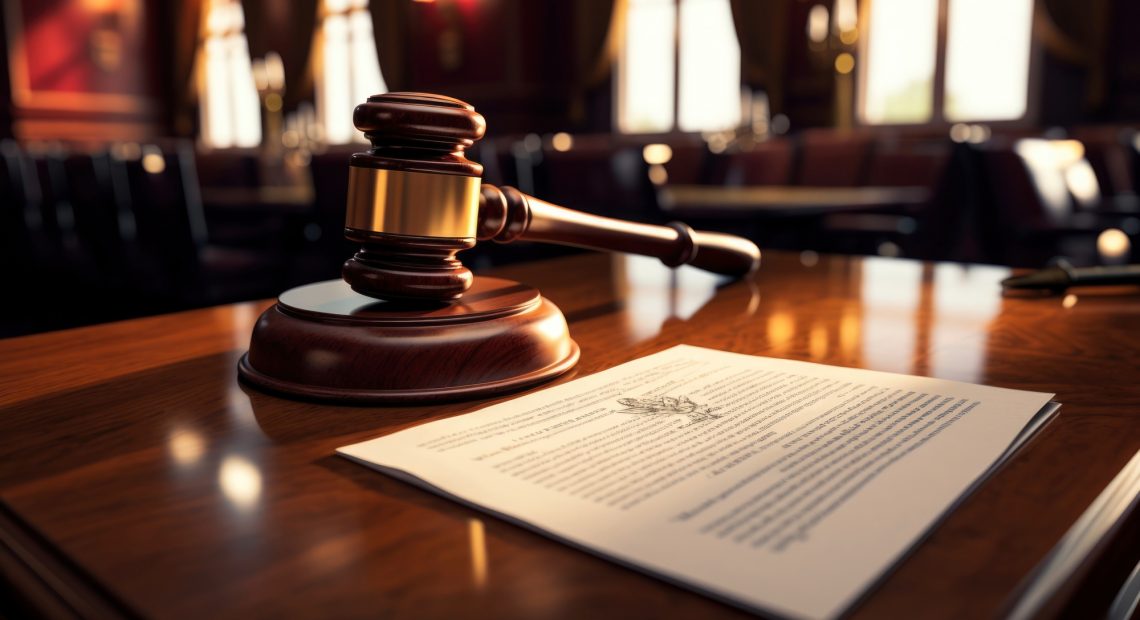
Selective Justice Is Injustice: The State vs. Sharmishta Panoli
A 22-year-old law student from Pune, Sharmishta Panoli, is currently behind bars. Her offense? A now-deleted Instagram reel in which she criticized the silence of Bollywood over Operation Sindoor and used words some deemed communal. She deleted the video. She apologized. But none of that mattered to the West Bengal Police, who travelled across the country, arrested her in Gurugram, and produced her before a local court in Kolkata. The court remanded her to 14 days’ judicial custody. This isn’t justice. This is state machinery on steroids, and worse, it’s enabled by a judiciary that seems increasingly unwilling to do its constitutional duty.
The Free Speech Double Standard
In 2021, comedian Kunal Kamra tweeted a series of harsh criticisms aimed at the Supreme Court. The response? The Bombay High Court refused to initiate contempt, stating that his remarks were part of a wider public discourse. Similarly, Munawar Faruqui was jailed preemptively for a joke he never cracked; yet the Supreme Court stepped in and granted bail, criticizing the Madhya Pradesh Police for its behavior. But when it comes to Sharmishta Panoli, the same principle of sensibility disappears. Here, a student influencer with no prior record, no organized following, and a public apology is treated as a hardened criminal. Where’s the judicial discretion now?
Judiciary: Guardian or Gatekeeper?
The courts are not supposed to be enablers of vendetta. They are meant to be a constitutional buffer against state overreach. But in this case, the judiciary seems to have defaulted to executive convenience. No urgency was shown by the magistrate. No interim bail. No consideration of her age, medical condition, or the fact that she was cooperating. The judiciary has become a gatekeeper of process, not a guardian of rights.
A Pattern, Not an Exception
Panoli’s case is not a one-off. There is a disturbing pattern. The lower judiciary regularly remands people for speech-related cases without examining whether the ingredients of the offense are even met. Young people, students, comedians, and journalists are being dragged through long legal ordeals not because they are threats, but because they are inconvenient. Meanwhile, those who openly spew venom on prime-time TV or from political platforms are not even questioned. Selective outrage has now been institutionalized.
Institutional Reform Is No Longer Optional
This moment demands a structural correction. There must be judicial protocols for speech-related offenses. Courts must have the power to throw out FIRs that are clearly acts of political vengeance. Bail should be the rule, not the exception. There should be automatic judicial review of any arrest made for speech unless it involves incitement to violence. Judicial accountability should no longer be taboo. Independence without introspection leads to complicity.
Why Free Speech Must Offend to Be Free
The right to free expression is not about comfort. It is about protecting the unpopular, the inconvenient, and sometimes the offensive. If free speech only protects polite views, then it isn’t really free speech. The test of a democracy is not whether it allows people to agree with power, but whether it allows them to dissent. And if the courts are not willing to defend that space, then who will?
The Courts Can Still Redeem Themselves
The Supreme Court still has the power to change the tide. It can take up Panoli’s case and set a precedent that protects not just one student, but every Indian citizen who dares to speak freely. It must reassert that freedom of speech is a constitutional guarantee, not a privilege to be granted by the state. The longer the silence continues, the more complicit the judiciary appears. Justice delayed may be justice denied, but in this case, justice blindfolded is fast becoming justice buried.


